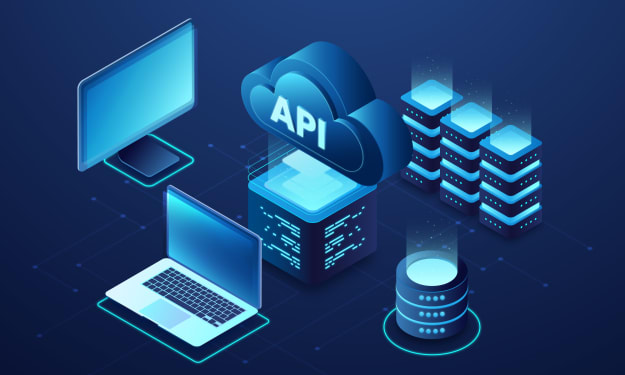
In the ever-evolving landscape of digital business, efficient integration is the key to success. As organizations seek to connect various applications, systems, and data sources, they are faced with a choice: iPaaS (Integration Platform as a Service) or traditional integration methods. In this comparative analysis, we'll explore the characteristics, advantages, and drawbacks of each approach to help you make an informed decision.
Traditional Integration: The Tried-and-True Approach
Characteristics:
Traditional integration methods have been the stalwart of data connectivity for decades. These methods include custom coding, middleware solutions, and point-to-point connections. Here's a closer look:
Complexity: Traditional integration is often complex, requiring skilled developers to write custom code for each integration point. This complexity can lead to longer development times.
Cost: Initial development costs can be high due to the need for specialized developers, and ongoing maintenance and updates can further increase expenses.
Scalability: Scaling traditional integration can be challenging, as it may require manual intervention and code changes for each new integration.
Time-Consuming: Building and deploying integrations through traditional methods can be time-consuming, which may not be ideal for organizations needing quick adaptability.
iPaaS: The Modern Integration Solution
Characteristics:
iPaaS is a cloud-based integration platform that simplifies the process of connecting applications and systems. Here's what sets iPaaS apart:
Simplicity: iPaaS platforms are designed with user-friendliness in mind. They offer pre-built connectors and templates for common applications and services, reducing the need for custom code.
Cost-Efficiency: iPaaS often follows a subscription-based pricing model, which can be more cost-effective than traditional integration methods, especially for smaller businesses.
Scalability: iPaaS platforms are built to scale effortlessly. You can add or remove integrations as needed, making it ideal for businesses experiencing growth or changes in their tech stack.
Speed: iPaaS solutions provide rapid integration capabilities, allowing organizations to respond quickly to changing requirements and market dynamics.
Comparing iPaaS and Traditional Integration
Now, let's delve deeper into the comparison between iPaaS and traditional integration across various dimensions:
Complexity:Traditional Integration: Requires custom coding and expertise, making it complex and time-consuming.
iPaaS: Offers a user-friendly interface with pre-built connectors, simplifying integration development.
Cost: Traditional Integration: This can incur high initial development costs and ongoing maintenance expenses.
iPaaS: Typically follows a more predicable and cost-effective pricing model.
Scalability:
Traditional Integration: This may require extensive redevelopment and manual intervention for scaling.
iPaaS: Is highly scalable and adaptable to changing business needs.
Speed:
Traditional Integration: Often takes longer to complete integration projects.
iPaaS: Provides rapid integration capabilities, reducing time to deployment.
Maintenance:
Traditional Integration: Requires ongoing manual maintenance and updates.
iPaaS: Often handles maintenance and updates automatically, reducing the burden on IT teams.
Conclusion: The Perfect Harmony of Choice
In the iPaaS vs. traditional integration debate, there is no one-size-fits-all answer. The choice between these approaches depends on your organization's specific needs, budget, and long-term goals. Traditional integration methods, like a well-composed symphony, have their place in certain scenarios, especially for complex, highly customized solutions. However, iPaaS, with its simplicity, scalability, cost-efficiency, and speed, offers an enticing melody that resonates with businesses seeking agility and adaptability in today's dynamic digital landscape. Ultimately, it's about finding the perfect harmony between tradition and innovation for your unique integration needs.
Elevate your integration game with Saasly – your go-to choice for top-notch iPaaS services. Simplify data connectivity, drive efficiency, and transform your business. Choose SaaSly for a seamless Integration Platform as a Service solutions





Comments
There are no comments for this story
Be the first to respond and start the conversation.